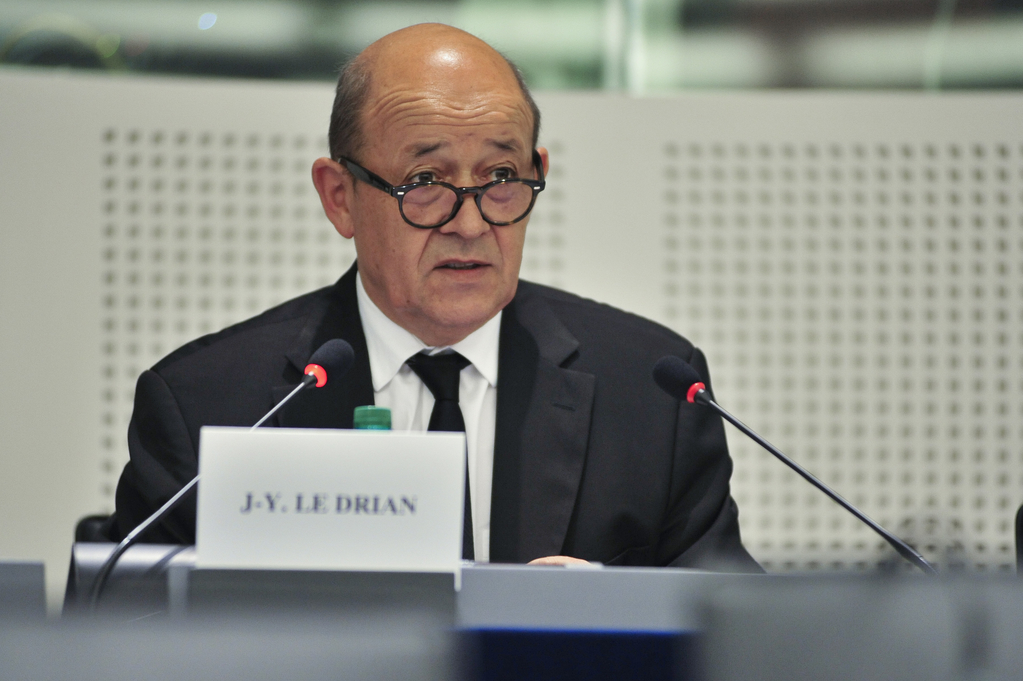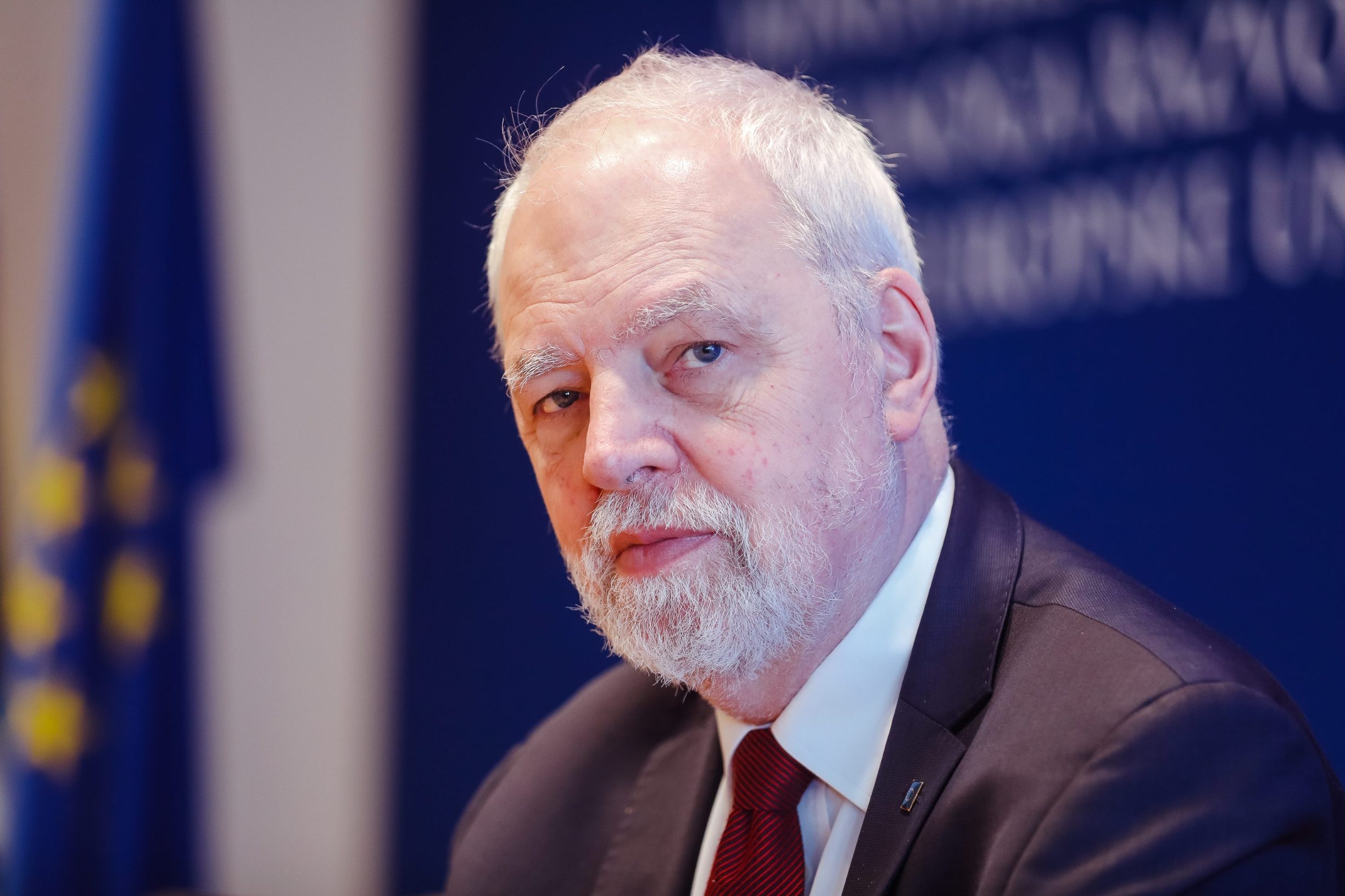
What can be expected from the EUCO summit scheduled for the 20th of February? Is a significant breakthrough for MFF realistic by then?
European Council President Charles Michel announced that a budget summit will be scheduled when he manages to find a new proposal that could result in a breakthrough. At this point, we do not know what his invitation means, and if anybody expects any agreement to be reached in February. In case Charles Michel does have a new proposal, he is expected to present it to Member States' government and other institutions by the 20th of February, which has not happened yet. I personally think that this summit was been organized as a tradition, given the fact that the previous budget has been agreed upon in February of 2013. European Parliament rapporteurs are constantly communicating with European governments and other EU institutions, and from our perspective, it does not seem that there is a common ground yet. We hope to be given the opportunity to talk to Mr. Charles Michel before the summit because we would like to know what he is going to offer to the governments. Also, it is important for him to consider Parliament's position on the budget, in order to avoid the futile waste of time.
Some speculate that Mr. Michel will make the summit look like a conclave. Do you think that he is seriously considering that option?
It depends largely on his leading style of EUCO. I did hear that the idea of having a two-day European Council summit is being considered for the purpose of reaching an agreement, but, at this point, the most important thing is to find common ground; not only between the Member States but also between the EU institutions that are participating in the budget legislative. Because, in the end, even if the Member States unanimously adopted the budget during the EUCO summit, the European Parliament is supposed to give its consent. In that regard, it is fair to inform the Parliament beforehand about what can be expected from this meeting. We would like to avoid the situation of reaching an agreement on a long 'conclave', and then Parliament rejecting the deal. Also, it is worth mentioning that Mr. Michel presents the general elements of the MFF like regulation, the amount, etc, but he is not in charge of sectoral policies which are in the core of Parliament's decision-making.
What is the current state of budget negotiations?
The whole negotiations surrounding the MFF consists of four parts. The first one is connected to spendings and the question 'how much money are we going to end up having in the budget'. That is the infamous one-point-something debate. However, the second element is just as important, and it concerns own policies and resources. The Parliament warned that it will not give its consent on the budget if new resources, such as plastic and financial sector, is not adopted. The third part regards the so-called sectoral regulations, which is the core debate between the Parliament and the Council, and it concerns the amount of money that goes into portfolios like cohesion, transport, agriculture, etc. The fourth one is quite new, and it concerns linking the rule of law to the use of EU finances. The MFF consists of all four pillars, and cannot be separated, but every pillar is in a different phase of negotiations. The first one is currently being debated by the European Council, and the Parliament has already given its guidelines. The second one is currently pending in the Council, while the third one has temporarily been suspended, as sectorial policies cannot be defined without knowing the budget size. Member States' governments have presented their views on the issue regarding the rule of law, and the Council is now expected to make a statement. That is a reason why we have decided not to enter the political debate, but to stay focused on technical issues.
What would be a GNI that you, as a Parliament, would be willing to accept?
The ongoing political debate is focused on one key question: 'After Brexit, do you want to keep European policies on the same level or not'. In addition, we have new challenges like border control asylum systems, etc. If we want to keep European policies at the same level, we should have more money. Parliament suggested to keep the GNI on the same level as before, but we have to find additional money either from bigger national contributions or within the resources. When we carefully analyzed our position, we concluded that it can be achieved by 1,3 percent of GNI. Our position is not based purely on the debate on who gives more but on the idea that the EU should preserve its policies. On the other hand, the Member States and governments do not want to keep it on the same level, yet they argue that with the UK leaving, the EU is supposed to strip its policies. The debate about the budget is a debate about the type of Union which we would like to have. Being a Parliamentarian and representing the citizens, it seems like the institutions are fighting over the numbers. We are trying to do the opposite by fighting for the content. The differences in the Council are very big. However, the European Parliament has managed to agree on more-or-less same strategies, even though we have different political groups with completely opposite ideas of the budget.
What do you expect from the Friends of Cohesion meeting that is going to take place this Saturday in Lisbon? Is that meeting going to create any additional pressure on the Council?
We have to remember that the MFF is agreed upon by unanimity, which means that everybody is supposed to be included in the talks. Much like other negotiations, parties are not supposed to stick to their positions until the very end, but they are expected to find a compromise. It would be very interesting to see what the so-called Cohesion Friends will end up asking for. The compromise will consist of many different things in the end. I believe that on Saturday they are going to define their negotiation box and the ground for compromise.
One technical question. Given the fact that unanimity is a precondition for the MFF, how is it possible to include the so-called fourth pillar regarding the rule of law, if some Member States are ready to block it?
Each of the MFF packages will have different procedures for adoption. The MFF as a whole will be agreed upon by the Council and adopted by the Parliament. However, the second pillar is based on different procedures and the agreement between the Member States and national parliaments. The sectorial one and the pillar concerning the rule of law will be agreed upon in the Council by the qualified majority. Even though it seems that the Parliament's position is very weak, we are ready to link the different elements together and take all the forms. We have already started to organize all the rapporteurs for the regulations, and are exchanging the information on how to negotiate with the Council on different procedures.
What is a Croatian role in these talks as a presiding country? What can we do to facilitate the negotiations?
The Croatian government is in a very specific situation. This is the country which is absolutely interested in the good budget, especially the sector regarding cohesion which is a big part of the convergence process. On the other hand, Croatia will be an honest broker during the following months. However, the European Council has been chosen for this responsibility, which means that the Croatian role will largely depend on your diplomatic skills during the presidency. Your diplomats will not be directly responsible for the MFF, but they will get to influence the whole process. That is one of the main reasons why we came to Zagreb. We believe that Croatia can make big progress, but it is yet to be seen if the budget will be adopted during your presidency. If not, it will most probably be adopted during the German one, but Croatia will have laid the ground for reaching an agreement. We appreciate the openness of Croatian representatives to the European Parliament. We do not expect them to take our position, because we are aware that they are representing the Council in the end, but we need them to at least listen to our concerns. Croatia will be good, but a tough partner.







Za sudjelovanje u komentarima je potrebna prijava, odnosno registracija ako još nemaš korisnički profil....